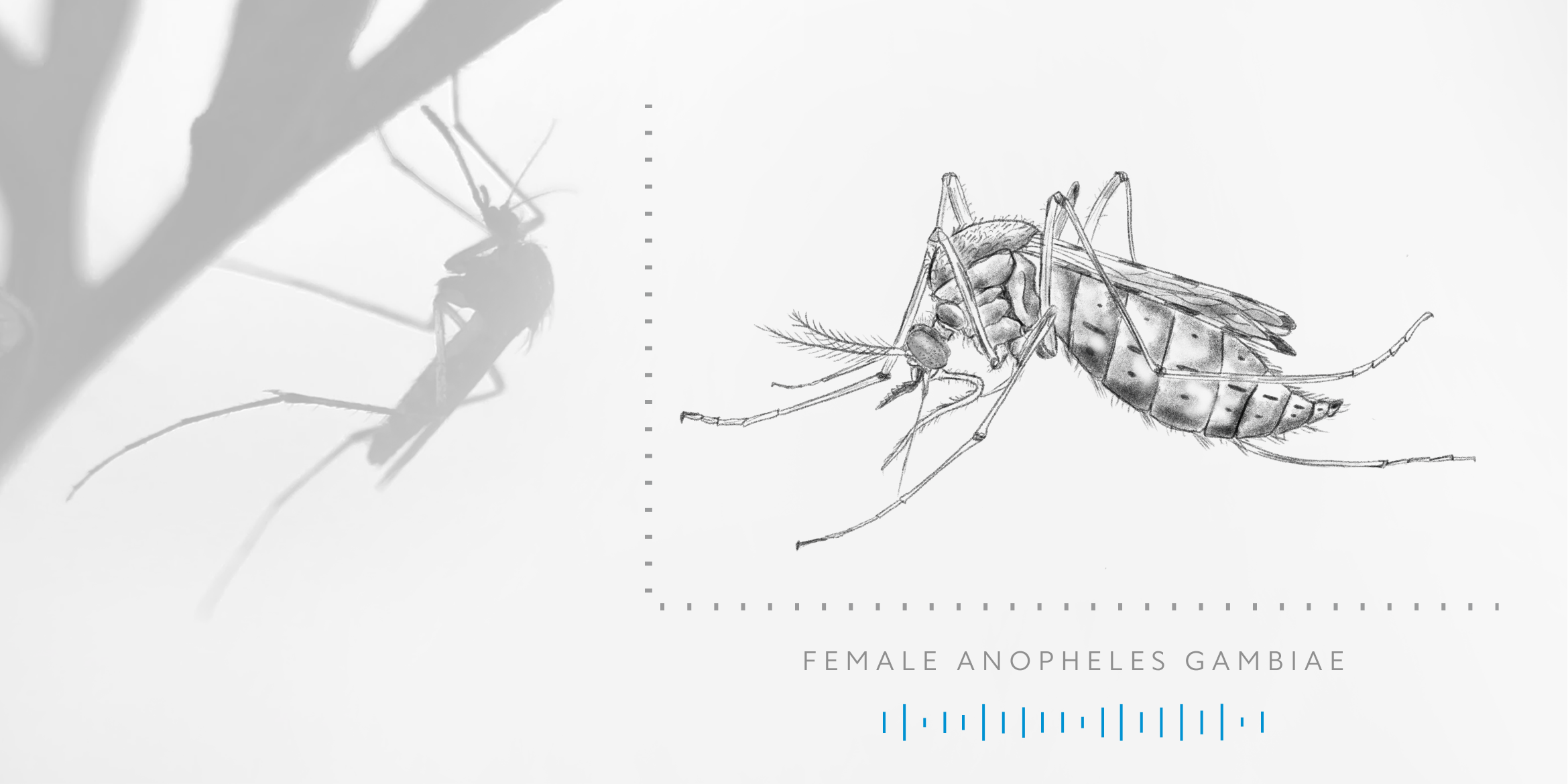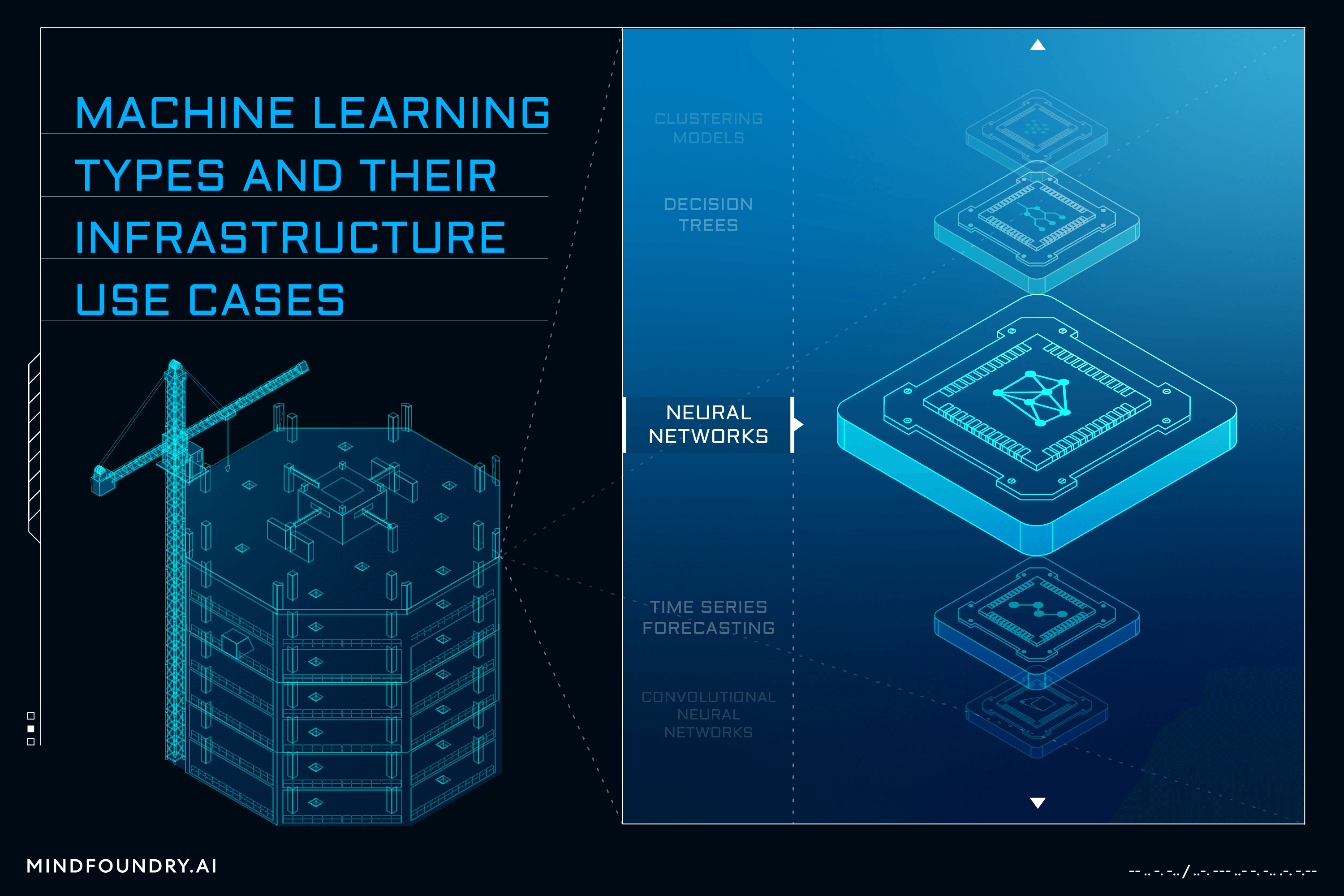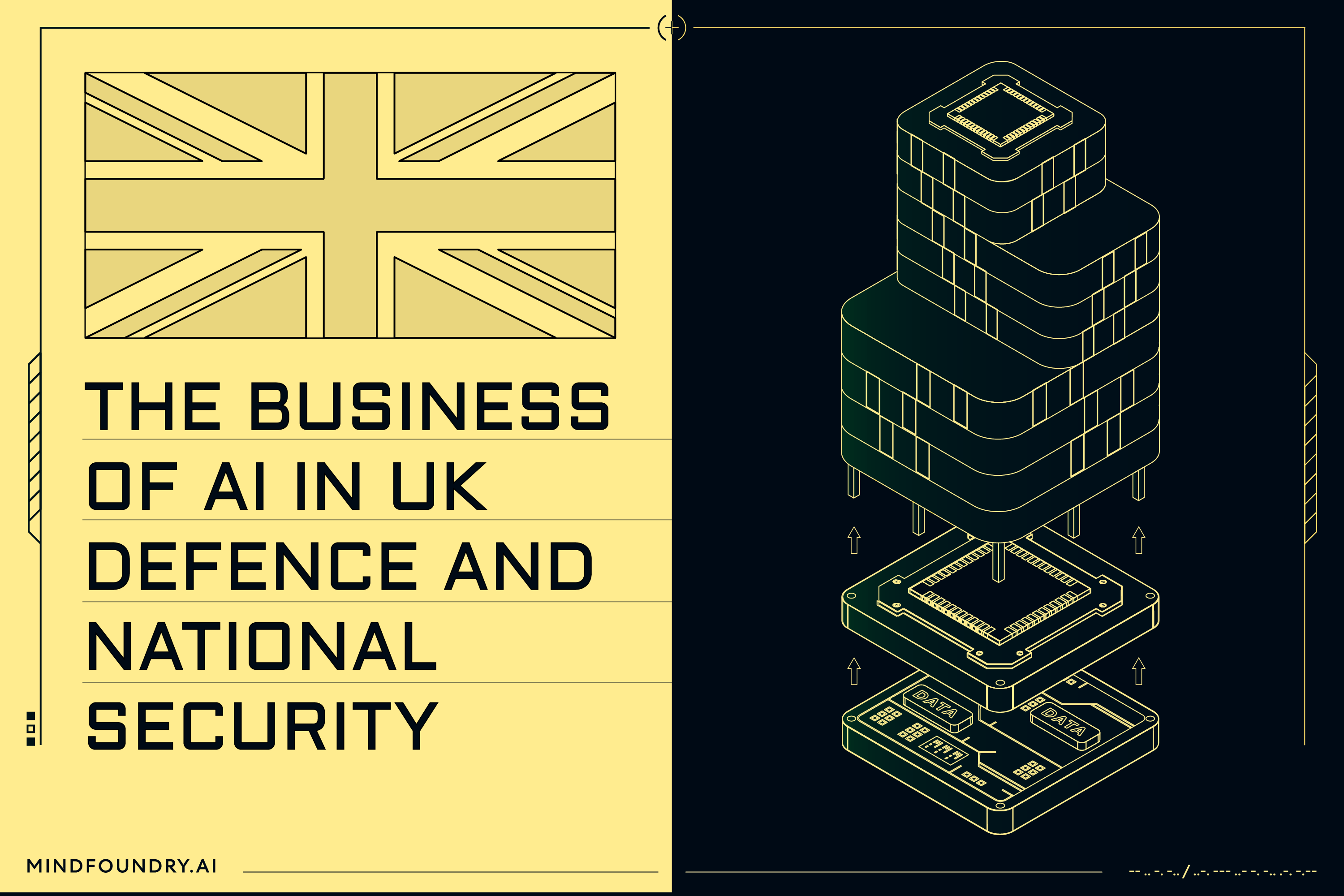Insuring Against AI Risk: An interview with Mike Osborne
When used by malicious actors or without considerations for transparency and responsibility, AI poses significant risks. Mind Foundry is working with...
4 min read
 Dr. Davide Zilli
:
Aug 20, 2021 4:18:03 PM
Dr. Davide Zilli
:
Aug 20, 2021 4:18:03 PM

August 20th is World Mosquito Day. A day to raise awareness about the diseases carried by mosquitoes and highlight the scientific innovations that are emerging to help us reduce the suffering caused by the world’s second most deadly animal.
Many diseases can be spread through mosquitoes, including zika, dengue and yellow fever. But the one that has caused the most damage upon humankind is malaria. Humans have been dying from this infectious disease in vast numbers for as long as records go back, and probably long before that. Today, a person dies from malaria every two minutes, resulting in more than 400,000 deaths each year. Millions more are debilitated by it for weeks at a time, rendering them incapable of caring for their families, continuing their education, or earning a living wage. This amplifies and perpetuates extreme poverty.
Though there is no cure or vaccine yet, there have been huge advances in treatments and preventions.
One of the best ways to fight it is to create a very clear picture of how it is spreading so that the most appropriate resources can be deployed to the right place at the right time to prevent further transmission and treat those who are already affected.

There are thousands of species of mosquitoes. But three species in particular carry most of the responsibility for spreading human diseases and only one, the anopheles mosquito, is known to carry malaria. Specifically, the female anopheles mosquito.
With machine learning we can detect unique frequencies in the sound of a mosquito's wingbeat that can help identify important information about the mosquito such as species, gender, age, whether it has recently fed or not, and potentially whether it carries the malaria parasite. All of this can be done with a smartphone. One project that brings all these technologies together to help fight malaria, is called HumBug.
Mind Foundry’s Professor Steve Roberts (Co-founder) and Dr. Davide Zilli (VP, Applied Machine Learning) participated in this project through the University of Oxford in collaboration with Royal Botanic Gardens, Kew, the Ifakara Health Institute and the Kinshasa School of Public Health.
We interviewed Dr. Zilli to ask him how the project inspires and informs the work he is doing at Mind Foundry today.
What initially inspired you to work on the project?
I can’t think of anything more meaningful than being able to do the work I love and apply it to solve a very real problem that affects millions of people globally. Too often academic research is detached from the real world. Using your smartphone to track the spread of malaria certainly isn’t.
How did your experience working on this project influence the way you work today?
A lot of our progress in the last decade has been driven by what we can learn from data. But often, we’re not very creative: we take market data, transactional data, personal information and usage data. The HumBug project shows that we must think outside the box. We record the wingbeat of mosquitoes, analyse the components of the sound wave, and with a set of algorithms understand different things about each individual mosquito. All of that is accomplished through the microphone of a smartphone, and processing data locally. There’s a huge world of possibilities out there, and learning to leverage unconventional data right at the interface with the human user is the next step for Machine Learning applications.
Can the technologies that make HumBug successful be used to solve other problems in the world?
The tech in HumBug is deeply rooted in signal processing, and the same methods apply to many other problems across numerous domains. If you’re looking at a time series that measures the load of a food depot or the number of products your customers are purchasing, you will use the same type of analysis to understand periodic trends over time, such as what day of the week your load is highest. Even closer to HumBug are the methods that can be used to process underwater acoustic signals and sonar data. The range of applications is really endless.
How long will it be before we will see AI being used to solve more high stakes problems like this?
Much of it is already happening. A huge facet of it is personalisation, especially in medicine. The ability to collect fine-grained data about our physical functioning will save many lives and hopefully also discover and address minor issues that would otherwise go untreated and unresolved. Another outstanding application for AI is in reducing human bias and error-proneness. We often talk about bias in machine learning systems, but it’s mostly because it’s humans who develop them. I’m excited for a world where we relieve ourselves of the burden of making decisions that we cannot make because of our limited ability to process data. But this comes with a stark warning around ethical decisioning and a need to make AI solutions that are responsible, by design.

What do you mean by ‘Responsible By Design’?
Because of the scale of automation that ML models enable, and shift from human-led analysis to machine-led, automated analysis, it’s not always easy to see what consequences deploying a model might have. Think of your favourite search engine auto-completing the search box for you; it’s handy and obviously good. By the time I’ve typed “w-e-a-” you know that I’m looking for the weather forecast because I did the same yesterday at the same time. The results are tailored to me. But what about all the information I’m not seeing because an algorithm, which I cannot see, feel or interpret, has decided that that content is not relevant to me? What happens after 1, 5 and 10 years of me using this system? That’s why there is growing attention in the ML community to consider ethical implications before implementing a system. It can’t be an afterthought, it has to be the design consideration that leads the implementation. Mind Foundry is working hard to simplify this process and make it the de facto standard for all those who implement AI systems.
Given what you know now, is there anything you would have done differently at Humbug?
There are some tactical learnings that certainly stayed with me. The problem that HumBug tries to solve is technically very challenging, and it’s easy to get lost in the final ambition and struggle to make progress. But often a partial solution is heaps better than no solution at all, and that’s a principle that guides me these days too. Data quality is also such a crucial and underestimated problem; it’s not the fancy part of ML, where scientists like to spend their time. But ML systems are only as good as the data that you give them to learn from, it’s cliche but I’ve not seen a single ML problem where that’s not been the case.

What’s another important problem where AI and Machine Learning could have a massive impact?
For me the obvious place where the world as a whole should focus attention is the conservation of the natural environment and preventing any more damage from climate change. Every year in the last decade has beaten the temperature record, and the livelihood of people is seriously affected. We’re not talking about individuals here and there; we’re talking about entire communities, cities, countries. Machine learning can not only model and predict future scenarios, it can also help people visualise and understand what’s happening and what would be the best thing to do next.
To learn more about Mind Foundry’s work with HumBug, read our case study.

When used by malicious actors or without considerations for transparency and responsibility, AI poses significant risks. Mind Foundry is working with...

AI and Machine learning is a complex field with numerous models and varied techniques. Understanding these different types and the problems that each...

While the technical aspects of an AI system are important in Defence and National Security, understanding and addressing AI business considerations...